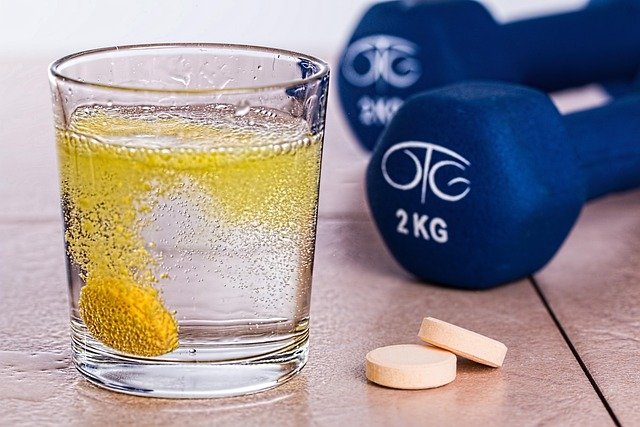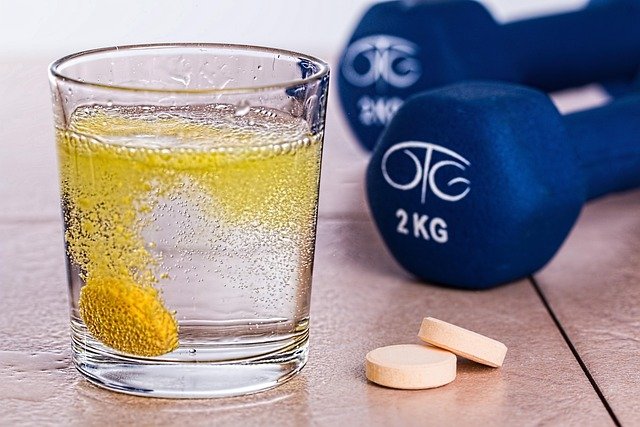Sleep-focused routines to accelerate tissue repair and adaptation
Prioritizing sleep-focused routines can accelerate tissue repair and adaptation by supporting cellular regeneration, collagen synthesis, and metabolic recovery. This article explains how sleep stages, targeted nutrition, hydration, protein timing, and consistent rest schedules interact to improve skin elasticity, muscle repair, and mobility. Practical strategies help align daytime training and recovery so physiological repair processes occur more efficiently during sleep.

This article is for informational purposes only and should not be considered medical advice. Please consult a qualified healthcare professional for personalized guidance and treatment.
How does sleep support recovery?
Sleep is a primary window for tissue repair and recovery. During deep non-REM sleep, the body increases blood flow to muscles and skin and releases growth hormone, which supports protein synthesis and cellular repair. REM sleep supports neural recovery and motor memory consolidation, which helps adaptation after strength and mobility training. Consistent sleep duration and quality reduce inflammatory markers, creating a physiological environment more conducive to regeneration and reduced soreness after exercise.
What role does collagen play in regeneration?
Collagen is a structural protein important for skin elasticity, tendon resilience, and extracellular matrix integrity. Synthesis of collagen depends on amino acid availability (notably glycine and proline), vitamin C, and appropriate cellular signaling—processes that are active during sleep-related repair windows. Improving sleep quality supports the hormonal milieu that promotes matrix remodeling. Combining sleep-focused routines with targeted nutrition helps maintain skin elasticity and supports tendon and ligament recovery over weeks and months.
How should nutrition and protein aid repair?
Nutrition supplies the building blocks for repair; protein intake provides amino acids required for muscle and connective tissue regeneration. Aim for balanced protein distributed across meals, with a portion in the evening or before bed to supply substrates during nocturnal repair. Carbohydrates help restore glycogen and support recovery after intense sessions, while micronutrients such as vitamin C, zinc, and iron support collagen formation and cellular metabolism. Timing meals to avoid heavy late-night digestion can also improve sleep quality and therefore recovery.
How does hydration affect skin and elasticity?
Hydration influences cellular turgor and nutrient transport; well-hydrated tissues are more capable of efficient repair. Dehydration can impair circulatory flow and slow removal of metabolic waste, which may impede tissue regeneration. Adequate daily fluid intake, electrolyte balance around intense training, and modest evening hydration (without disrupting sleep with nocturia) help maintain skin elasticity and support metabolic processes that occur during sleep. Hydration also aids digestion and nutrient absorption, indirectly supporting repair.
How does timing influence recovery and adaptation?
Timing refers to when you train, eat, and sleep. Aligning training sessions earlier in the day when possible can allow a longer recovery window before sleep. Strategic timing of protein and carbohydrate intake—such as a moderate protein-containing snack 60–90 minutes before bedtime—can provide substrates for overnight synthesis. Consistent sleep and wake times strengthen circadian rhythms, which regulate hormone release (including cortisol and growth hormone) that affect repair. Regular timing improves overall recovery capacity and adaptation to training.
What sleep-focused routines enhance regeneration?
Effective routines combine consistent sleep schedules with pre-sleep habits that support restorative sleep. Wind-down activities—reduced blue-light exposure, light stretching or mobility work, and relaxation techniques—help facilitate deep non-REM sleep. Evening meals that include easily digestible protein and avoid excessive caffeine or alcohol support repair processes without fragmenting sleep. Recovery modalities such as gentle mobility sessions, contrast showers, or light massage can reduce stiffness and support circulation ahead of sleep, improving overnight regeneration.
Conclusion
Integrating sleep-focused routines with targeted nutrition, hydration, and timing creates a stronger foundation for tissue repair and long-term adaptation. Sleep quality and consistency influence collagen synthesis, muscle recovery, and mobility improvements; pairing nightly recovery windows with balanced protein intake and adequate fluids helps the body use those windows more effectively. Tailored routines that respect individual schedules and training loads will support gradual improvements in skin elasticity, strength, and functional regeneration over time.





